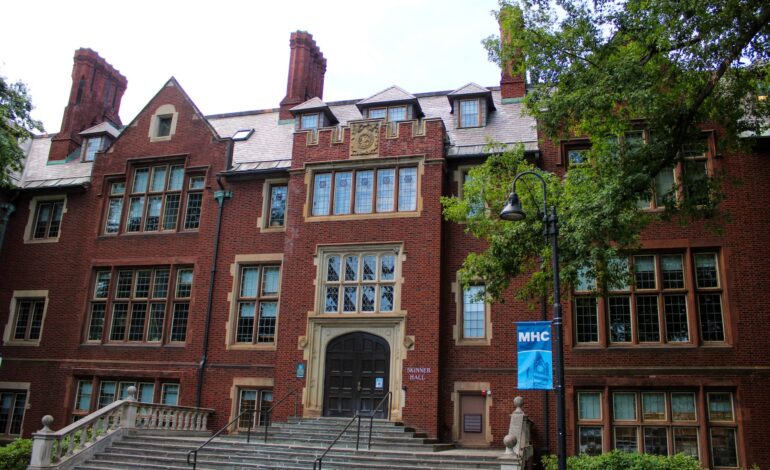Over 30 Massachusetts Colleges Introduce Free Tuition Programs

The landscape of higher education in Massachusetts has shifted significantly, as more than 30 colleges and universities now offer tuition-free admission to eligible applicants. This initiative encompasses both private institutions, including prestigious names like Harvard University and Mount Holyoke College, as well as public schools such as Worcester State University.
This surge in tuition-free programs is, in part, a response to rising competition among institutions. Private colleges have been prompted to adapt to the state’s recent introduction of a free community college program. Additionally, the expansion of the state’s financial assistance initiative, known as MassGrant Plus, has contributed to this trend. College officials have cited prior complications with the federal aid application process, specifically the Free Application for Federal Student Aid (FAFSA), as another catalyst for these changes.
Massachusetts institutions are setting a new precedent for affordability. While some free tuition programs will not commence until fall 2026, others are already in effect, targeting households with varying income thresholds. For instance, families earning up to $200,000 may benefit from certain private college offerings, while those with incomes below $125,000 can access specific public college options.
Despite these advancements, the affordability of higher education remains a complex issue. The overall cost of attending selective institutions continues to escalate, with tuition prices approaching or exceeding $100,000. As universities strive to attract students who cannot meet these costs, free tuition initiatives are becoming an essential part of the solution.
Louisa Woodhouse, senior associate of policy and advocacy at the National College Attainment Network, emphasized that while tuition-free programs are a step forward, they must be complemented by sustained investments from both state and federal governments. She noted, “Tuition will absolutely make progress. But we also need continued investment…to ensure that students are receiving all of the financial support that they need.”
In a concerning development, the Department of Higher Education has quietly decreased its need-based stipends for books and other essential expenses, prompting alarm among higher education advocates. A recent report from the National College Attainment Network highlighted that four-year public institutions in Massachusetts have lagged behind many other states in terms of affordability, based on the most recent federal data.
Conversely, two-year colleges have demonstrated a greater ability to remain affordable. Prior to the full implementation of free community college in 2024, data indicated that these institutions were significantly more accessible to students. The affordability measures considered a range of metrics, revealing that only 54% of the 26 sampled colleges and universities in Massachusetts were deemed affordable during the 2022-2023 academic year.
On a national scale, Massachusetts ranked 15th in the percentage of affordable institutions and 11th in the total number of affordable colleges during the same period. Woodhouse expressed optimism regarding the recent shift towards tuition-free programs, suggesting they will improve the state’s standing in affordability metrics.
“Making education accessible to students, particularly those from low and moderate-income backgrounds, has a benefit for everyone involved. Everyone wins, frankly,” she stated.
As the Massachusetts higher education landscape evolves, the expansion of tuition-free programs may hold the key to enabling broader access for students and addressing the ongoing affordability crisis in higher education.






